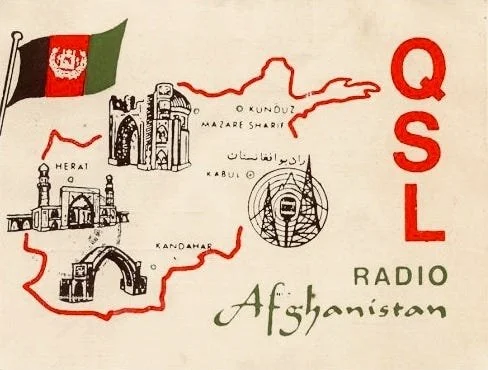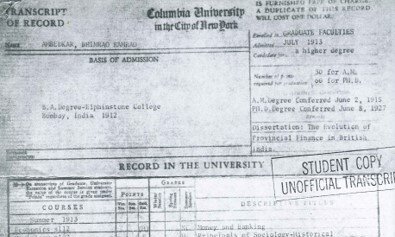In the third conversation of History Sounds, Andrew Simon tells us about cassette culture, consumption, taste, and music in Egypt from the 1970s through the 1990s and beyond.
Read MoreIn our second conversation, we learn about the history of radio broadcasting, live performances, and resistance in Afghanistan in the 1960s and 1970s with Mejgan Massoumi.
Coming up: cassettes and mass culture in Egypt with Andrew Simon
Read MoreIn the first conversation of the Borderlines series History Sounds, Christopher Silver speaks about the history of the recording industry in North Africa from the colonial period through decolonization.
Coming up: Mejgan Massoumi will tell us about radio and popular culture in modern Afghanistan.
Read MoreBORDERLINES ANNOUNCES THE LAUNCH OF A NEW COLLABORATIVE PROJECT WITH THE TECHNOLOGIES OF POWER PROJECT. THE THIRD LECTURE SERIES TITLED ‘‘AFGHANISTAN: IS THE WAR OVER?’ FEATURES THREE TALKS BY SANAA ALIMIA, MARYA HANNUN, ALI OLOMI, & BILAL SARWARY.
Read MoreBORDERLINES ANNOUNCES THE LAUNCH OF A NEW COLLABORATIVE PROJECT WITH THE TECHNOLOGIES OF POWER PROJECT. THE THIRD LECTURE SERIES TITLED ‘‘AFGHANISTAN: IS THE WAR OVER?’ FEATURES THREE TALKS BY SANAA ALIMIA, MARYA HANNUN, ALI OLOMI, & BILAL SARWARY.
Read MoreThe second Technologies of Power series titled ‘ENCLOSURES’ features three talks by Ronak Kapadia, Nada Shabout & Simone Browne.
Read MoreTechnologies of Enclosure have devastated entire regions in South Asia, the Middle East, and Africa to the domestic expansion of explicit white supremacy, and regimes of surveillance which have generated a multidirectional and dialectical enclosures between foreign wars and domestic issues.
Read MoreFrom imperial projects that devastated entire regions in South Asia, the Middle East, and Africa to the domestic expansion of explicit white supremacy, surveillance, and policing, US technologies of power have generated a multidirectional and dialectical relationship between place, land, and geographies.
Read MoreFrom imperial projects that devastated entire regions in South Asia, the Middle East, and Africa to the domestic expansion of explicit white supremacy, surveillance, and policing, US technologies of power have generated a multidirectional and dialectical relationship between foreign wars and domestic issues.
Read MoreThrough the work of scholars, writers, and activists, Technologies of Power: Tracing Empire at Home and Abroad explores how technologies of power and empire have shaped multiple terrains domestically and transnationally. The #TechofPower Conference will include 7 conversations. 21 scholars, writers, and activists.
Read More"For years I kept thinking: who has the kind of socio-intellectual clout, or position to feel comfortable about theory? This is what we wanted to do with High Theory: to try and break the exclusionary, gatekeeping nature of “doing theory.” “
Read More“My problem was how do we write a history of capitalism, if you call yourself a Marxist, you have all these categories before you, how do you use them to write a history of capitalism? And it always struck me as paradoxical that Marxists above all should have been writing a history of capitalism but weren't. I mean, whereas you had the Annales school and the various continental historians and so on writing histories of capitalism. Whenever a Marxist attempted to write a history of capitalism…”
Read More“I avoided the word “origins” of capitalism because this wasn't a substantial cognitive claim. It was a looser agenda, namely the rise of capitalism. I hope you see the point of a distinction between talking about the origins of something as putatively specific and the rise of something as more flexible and potentially more fertile. So that was the essay where I argued that it made no sense to transplant Marx's strictly methodological remarks in Capital about the relationship between commercial and industrial capital to a history of capitalism…”
Read MoreWe started [the Ambedkar Initiative] in 2018—about a century after B.R. Ambedkar studied at Columbia University. This is a project of critical commemoration, which thinks about the distinctive legacies of a figure who stretched ideas of democracy and equality in fundamentally new directions ... But we also want to think about how Ambedkar’s own intellectual formation might open up new ways to understand the history of the University.
Read More












